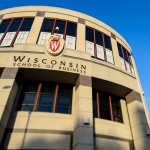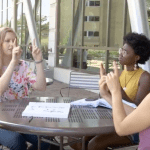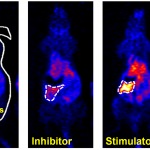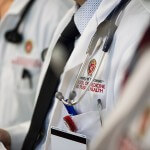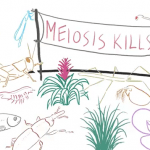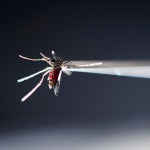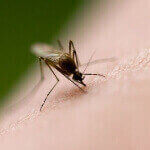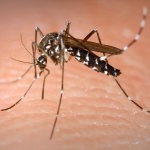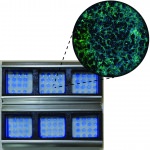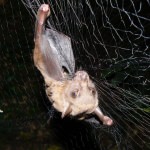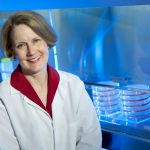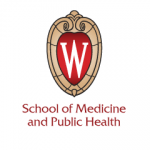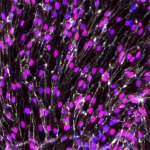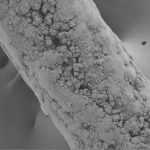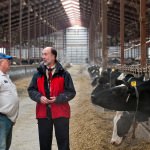Category Health & Wellness
New research finds pushing patients to online care options may have unintended consequences
New research from the Wisconsin School of Business shows that adopting e-visits to health care providers triggers increases in office visits and phone consultations, a reduction in new patients being seen by providers, and no noticeable improvements in patient health. Read More
Signs of Summer
There’s plenty of interaction, but absolutely no talking in one class at UW–Madison this summer, as an intimate group of students learns to communicate with American Sign Language. Video by Craig Wild/University Communications Read More
Study: Medicaid Expansion Helped Reduce Reliance on Federal Income Assistance
“A rigorous debate about redesigning Medicaid requires accounting for the secondary effects of Medicaid on public programs beyond the health care sector,” said Dr. Marguerite Burns, assistant professor in Population Health Sciences. Read More
UW Hmong-American nurse brings her community to the doctor’s office
Maichou Lor developed new survey tools that she hopes can help close gaps in access to care among her own community and other underserved populations. Read More
Near-miracle stroke survivor heading for repeat vacation at “Stroke Camp”
The Wisconsin Refresh and Retreat Stroke Camp is part of a national network of weekends – think summer camp – for people recovering from strokes and those who for care for them. Read More
Mosquito-spread encephalitis found in Wisconsin horses
A wet and warm summer — much like last year, when EEE virus infected 18 horses in 11 Wisconsin counties — makes for good mosquito habitat and conditions conducive to the spread of viruses like EEE and West Nile virus. Read More
Advance furthers stem cells for use in drug discovery, cell therapy
UW–Madison researchers have invented an all-chemical replacement for the confusing, even dangerous materials, now used to grow stem cells. Read More
Study reveals interplay of an African bat, a parasite and a virus
The role of bat parasites in maintaining chains of viral infection is little studied, and the new study serves up some intriguing insights into how viruses co-opt parasites to help do the dirty work of disease transmission. Read More
School of Nursing receives grant to expand Native American enrollment
Two faculty members at the UW–Madison School of Nursing have received a $1.3 million federal grant to develop a comprehensive system of support services that will help admit, retain and graduate 30 Native American nursing students over the next four years. Read More
Made-in-Madison skin replacement starts final clinical trial
A University of Wisconsin–Madison spinoff that makes an innovative material designed to speed healing of serious burns has begun a large clinical trial for the “regenerative skin tissue” it has been developing since 2000. Read More
Study links insurance coverage to higher rates of colorectal cancer screenings
As the nation debates whether and how health insurance should be reformed, researchers at the University of Wisconsin School of Medicine and Public Health determined that people with a certain type of insurance policy were more likely to be screened for colorectal cancer. Read More
UW-Madison advisory board aids cancer treatment statewide
The Precision Medicine Molecular Tumor Board has a dual mission: consulting with oncologists statewide about targeted drugs to battle out-of-control cancers; and amassing data on what works and what does not. Read More
Medical students join program to get more physicians into rural Wisconsin
The students will spend time in Green Bay, La Crosse, Marshfield, and surrounding communities through the Wisconsin Academy for Rural Medicine. Read More

